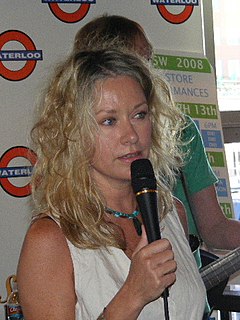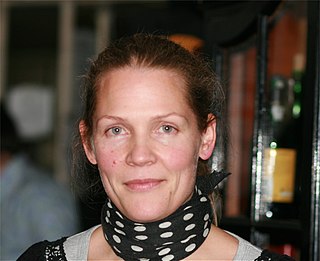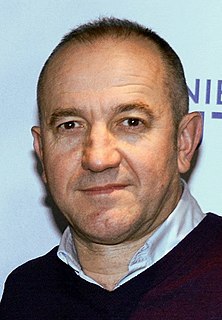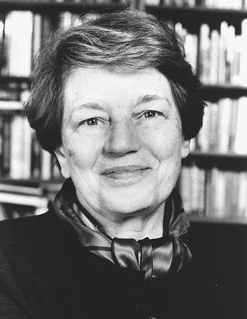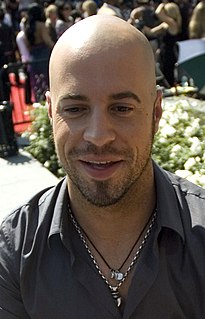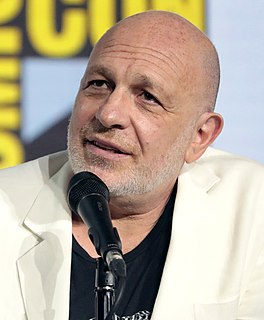A Quote by Camilla, Duchess of Cornwall
When I sit down with my team before an engagement, sometimes they are horrified as I say I don't want to read the biographical brief because I prefer to prise information out of people. It becomes like a game. The stories that come out, I could write a book about.
Related Quotes
It's not hard for me to be honest with my fans because that's what I set out to do from the beginning - I've based my entire career off of just trying to do that for them - but I always kind of forget that my real life friends can hear my music and they can watch my interviews if they want and that's when I get kind of like- "oh..." - I don't necessarily sit down and talk to my friends about all the things that I write my music about, because it's easier for me to write music than to sit and talk to my friends about it sometimes- it's almost like writing in a diary.
It's always been difficult for me to speak and express my innermost thoughts. I prefer to write. When I sit down and write, words grow very docile, they come and feed out of my hand like little birds, and I can do almost what I want with them; whereas when I try to marshal them in open air, they fly away from me.
There is something I keep wanting to say about reading short stories. I am doing it now, because I many never have another occasion. Stories are not chapters of novels. They should not be read one after another, as if they were meant to follow along. Read one. Shut the book. Read something else. Come back later. Stories can wait.
Adaptation is always the same process for me, which is some version of throwing the book at the wall and seeing what pages fall out. It is trying to imagine, remember the story, read it, put it down, and then write sort of an outline without the book in front of you with some hope that what you like about it will be filtered and distilled out through your memory and then that will be similar to what other people like about it.
I'll think about something else. I'll just sit quietly. If I could sit still. If I could sit still, maybe I could read. Oh, all the books are about people who love each other, truly and sweetly. What do they want to write about that for? Don't they know it isn't true? Don't they know it's a lie, it's a God-damned lie? What do they have to tell about that for, when they know how it hurts?

